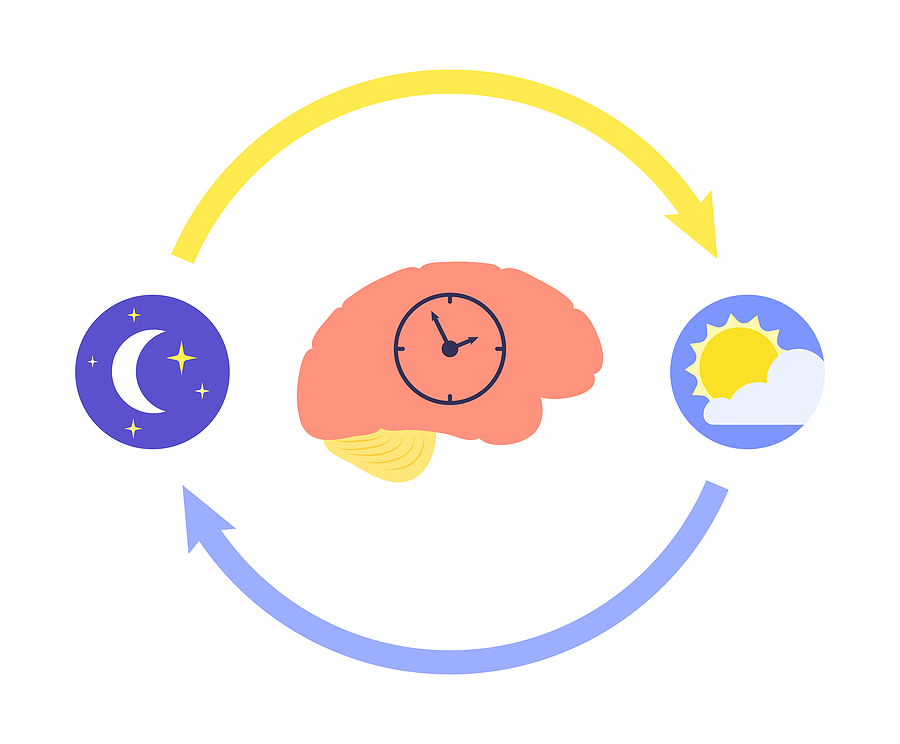Today, let’s delve into one of the most vital aspects of our well-being: sleep. I am thrilled to guide you through the incredible power of sleep and how it affects our bodies, health, and daily lives.
Have you ever found yourself in a different time zone, trying to adjust to the local schedule?
Well, the fascinating thing is that our bodies operate on a biological clock known as the circadian rhythm. This internal clock dictates when we feel awake and when we feel tired. But fear not! Scientists have uncovered some valuable insights into helping us tackle jet lag and optimize our sleep patterns.
Let’s take a journey into the heart of sleep research, where studies were conducted deep within a cave, free from external light and temperature changes. This research led to the discovery that our sleep-wake cycles could lengthen when deprived of external cues. These brave souls began sleeping for more extended periods and staying awake for equally extended periods, demonstrating the incredible plasticity of our sleep patterns.

However, it’s not just about the length of sleep. Regularity is key. Our bodies love routines, and maintaining a consistent sleep-wake cycle helps ensure we reap the benefits of anabolic metabolism—the process that repairs, rebuilds, and rejuvenates our bodies while we rest.
Anabolic metabolism is the magic behind muscle growth, tissue repair, and brain detoxification.
What about jet lag?
NASA has been at the forefront of jet lag research, and their studies have brought about some ingenious solutions. While light exposure and melatonin supplements have been tried, the most surprising solution emerged: food. Yes, you read that right—food is a potent weapon against jet lag.
By strategically fasting before and after long flights, you can help reset your internal clock. Fasting for around 24 hours before your first meal in the new time zone can give your body the nudge it needs to sync up with the local schedule. Of course, hydration is important, but avoiding large meals and sticking to your regular eating times can make a significant difference.
So what about sleep in our everyday lives?
Sleep is divided into anabolic and catabolic phases, each with its unique purpose. During the day, our bodies are in a catabolic state, focused on breaking down molecules for energy. At night, we shift into an anabolic state, where the magic of repair and rejuvenation happens.
For this process to work optimally, your body needs magnesium. This essential mineral participates in over 300 enzymatic reactions in your body, including those that promote relaxation. Magnesium helps muscles, including your heart, relax, contributing to restful sleep. If you find yourself deficient in magnesium, supplementation can significantly improve your sleep quality.
In conclusion, dear readers, sleep is a treasure trove of health benefits waiting to be unlocked. From resetting your internal clock to ensuring regular sleep-wake cycles, there’s a lot you can do to optimize your sleep. Magnesium and insulin play crucial roles in this process, and understanding your body’s needs is key to maintaining good health. As you navigate through life’s journey, remember that sleep is your ally, supporting you in every waking moment.
Wishing you restful nights and vibrant days ahead! Stay healthy and sleep well, my friends.
-The Daily Health Team



